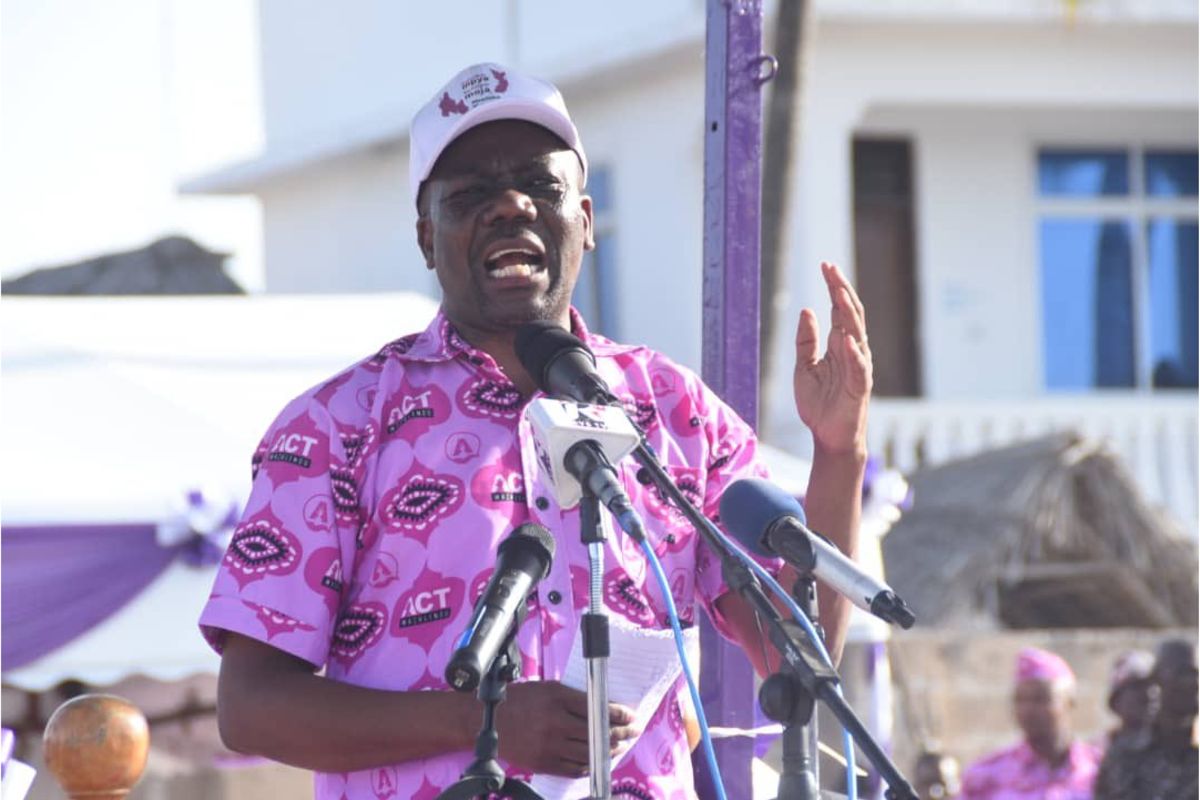TANZANIA: AS President Samia Suluhu Hassan prepares to assume the Chairpersonship of the Southern African Development Community (SADC) Organ on Politics, Defence and Security Cooperation, analysts express strong confidence in her leadership.
They believe her commitment to democracy, good governance and her Reconciliation, Resilience, Reform and Rebuild (4Rs) philosophy will contribute in setting high standard in other member states.
President Samia is set to officially take over the role from Zambian President Hakainde Hichilema at the 44th SADC Summit.
The summit, themed “Promoting Innovation to Unlock Economic Growth and Sustainable Development Opportunities Towards a More Industrialised SADC” will take place tomorrow in Harare, Zimbabwe.
In an interview with the ‘Daily News’, a lecturer at the Dr Salim Ahmed Salim Centre for Foreign Relations (CFR), Mr Innocent Shoo praised President Samia’s proven track record in advancing democracy and good governance in Tanzania.
He believes her leadership will be an inspiration for other SADC member States and anticipates she will work towards enhancing peace and stability in the region, especially in conflict-prone areas like northern Mozambique and the Democratic Republic of Congo (DRC) in Kivu and Goma.
ALSO READ: Samia issues directives after swearing in ministers, other officials
He noted that President Samia’s leadership could serve as a model for other countries in the SADC and Great Lakes regions in promoting peace, security and stability, which are crucial for enhancing intra-regional trade.
“Recently, regional blocs like SADC, COMESA, and EAC signed a tripartite agreement to collaborate on trade between African countries. If peace and stability are lacking, trade between these regions will be unsuccessful,” Mr Shoo explained.
He added: “President Samia will lead by example in showing what she is doing at home, enabling other nations to learn from Tanzania’s dedication to democracy, good governance, peace and security.”
Mr Shoo also highlighted the financial challenges faced by regional integration blocs, including SADC, in funding peacekeeping operations.
He emphasised the need for increased intelligence sharing and the deployment of peacekeeping forces to conflict zones.
An Assistant Lecturer at the same institution, Mr Dennis Konga noted the significance of President Samia’s leadership, particularly as a woman in a traditionally male-dominated role.
He believes her appointment will inspire other women in the region and advance gender equity, while underscoring the importance of peace and security for economic growth and trade within the SADC region.
Ambassador and retired Brigadier General Benard Mdolwa expressed confidence in President Samia’s ability to enhance Tanzania’s positive image within SADC, building on the legacy of former President Julius Nyerere.
He urged Tanzanians to support President Samia in her efforts to promote peace and security across the African continent.
Source: allafrica.com














